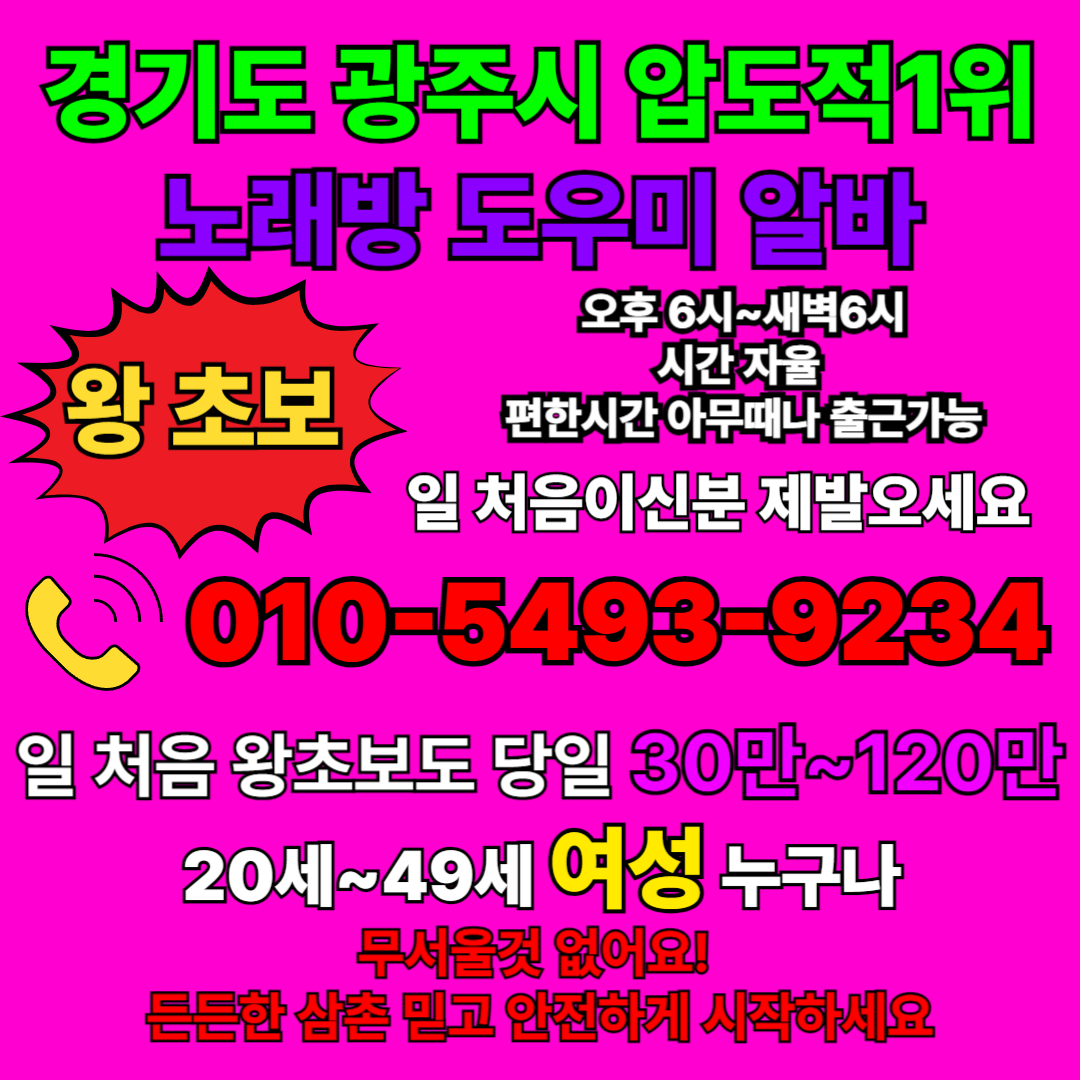[알바문의 O1O=5493=9234] 판교 노래방 도우미 주부 알바 판교 고수익 알바
페이지 정보
작성자 vjs9ff 작성일25-07-15 14:40 조회8회 댓글0건관련링크
본문
? 판교 노래방 도우미 알바 모집 중 ?
판교 유흥 알바 중에서도 안정적이고 고수익 보장되는 노래방 도우미 일자리!
초보자부터 경력자까지 모두 환영합니다.
✅ 이런 분께 딱 맞아요!
- ✔️ 단기간에 목돈 마련하고 싶은 분
- ✔️ 주말이나 야간시간을 활용하고 싶은 직장인, 주부, 학생
- ✔️ 초보도 가능한 유흥 알바 찾는 분
- ✔️ 친절하고 안전한 매장에서 일하고 싶은 분
? 급여 안내
- ? 시급: 최소 5만 ~ 최대 15만까지
- ? 페이: 당일 현금 정산
- ? 복장 지원, 교통비 지원 가능
- ? 숙소 가능 (원룸 형태)
? 근무 조건
- 위치: 경기도 성남시 판교역 도보 거리
- 시간: 오후 7시~새벽 2시 사이 (협의 가능)
- 업무: 고객 응대 및 도우미 (음주 강요 없음, 건전한 환경)
✨ 지금 시작해보세요!
걱정은 잠시 접어두세요. 지금 바로 판교 노래방 도우미 알바로
더 나은 수입과 라이프스타일을 경험하세요.


댓글목록
등록된 댓글이 없습니다.
